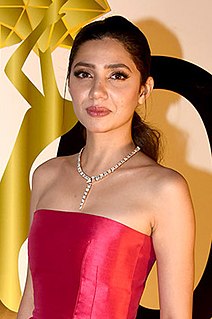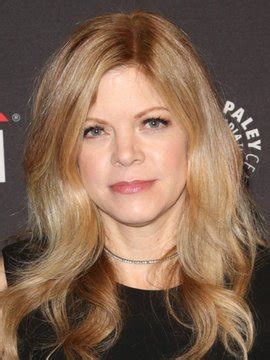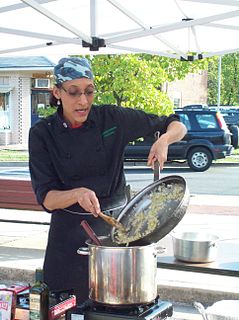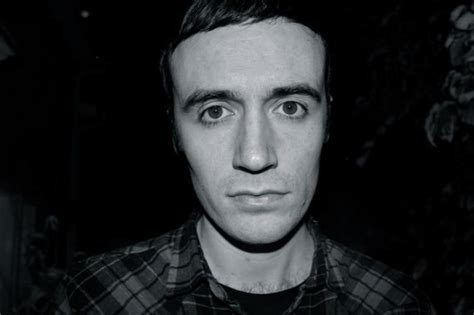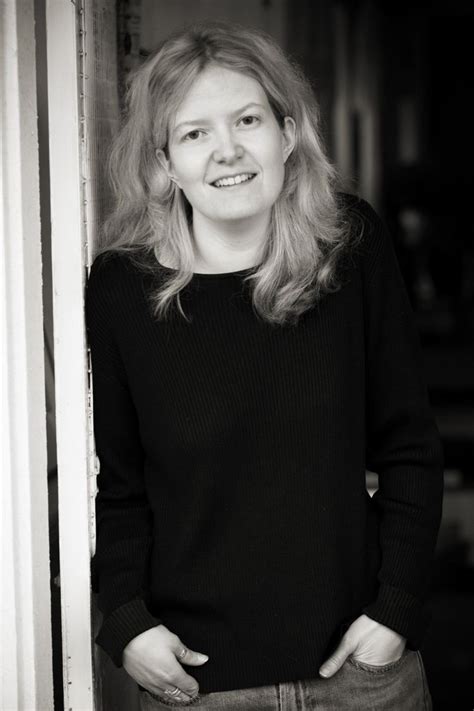A Quote by J. J. Abrams
There's something about looking at Super 8 films that is so evocative. You could argue it's the resolution of the film somehow because they aren't crystal clear and perfect,so there is a kind of gauzy layer between you and what you see. You could argue it's the silence of them. You could say it's the sound of the projector that creates a moodiness. But there's something about looking at analog movies that's infinitely more powerful than digital.
Related Quotes
I don't think all films should necessarily look like they do on digital video. I think it cheats the audience, at some point. If you try to make an epic and you shoot it digitally, that doesn't make much sense. I think there's a certain kind of film that could be a "digital film." But it shouldn't be interchangeable with other films. It should be something more than just a capture medium. It should be a different form altogether, something new.
I grew up on particular movies that said something to me as a kid from Missouri, movies that showed me places I'd yet traveled, or different cultures, or explained something, or said something in a better way than I could ever say. I wanted to find the movies like that. It was less about a career than finding the films I wanted to see.
[Bill] Binney will argue with you all day about ThinThread, but his idea was that it would collect everything about everybody but be immediately encrypted so no one could read it. Only a court could give intelligence officials the key to decrypt it. The idea was to find a kind of a compromise between [privacy rights and] the assertion that if you don't collect things as they happen, you won't have them later - because what the NSA really wants is the capability of retrospective investigation.
When I realized I could write lyrics and let someone that I knew listen to them, but not know that the song was about them - say it was a girl. I could write this song about how I feel about this girl, I could play it to them. I just loved it, because all of the words would speak to them. I could see them slowly falling in love with me.
Being perfect is not about that scoreboard out there. It's not about winning. It's about you and your relationship with yourself, your family and your friends. Being perfect is about being able to look your friends in the eye and know that you didn't let them down because you told them the truth. And that truth is you did everything you could. There wasn't one more thing you could've done. Can you live in that moment as best you can, with clear eyes, and love in your heart, with joy in your heart? If you can do that gentleman - you're perfect!
If you could map out a human brain, an open question is, if you simulated it, would it be you? Now, as we discussed earlier, we don't have a great definition or even a good technological handle to know whether something is conscious or not just by looking at it, so there's that aspect that we're not ready to answer, I would argue. But it raises very interesting questions about the nature of identity.
It is the shared experience - [although] you're the conduit of the sound, the recipient is also in some way the author of the work, because if they weren't the author of the work they wouldn't be able to recognise it as an experience, you could argue. The more distance you can put between yourself and having any kind of objective the more likely it is to appear.
I really liked the idea of creating a journal myself. It's like the way I clear my throat. I write a page every day, maybe 500 words. It could be about something I'm specifically worried about in the new novel; it could be a question I want answered; it could be something that's going on in my personal life. I just use it as an exercise.





